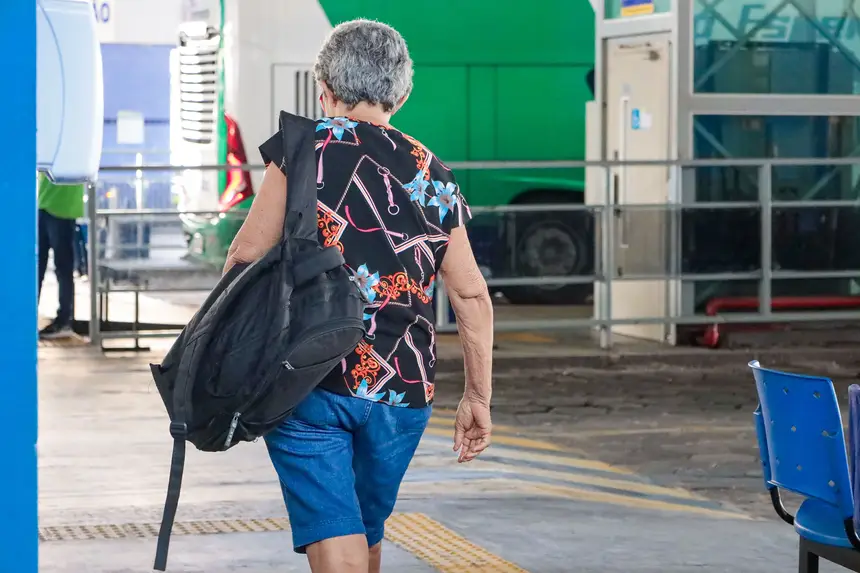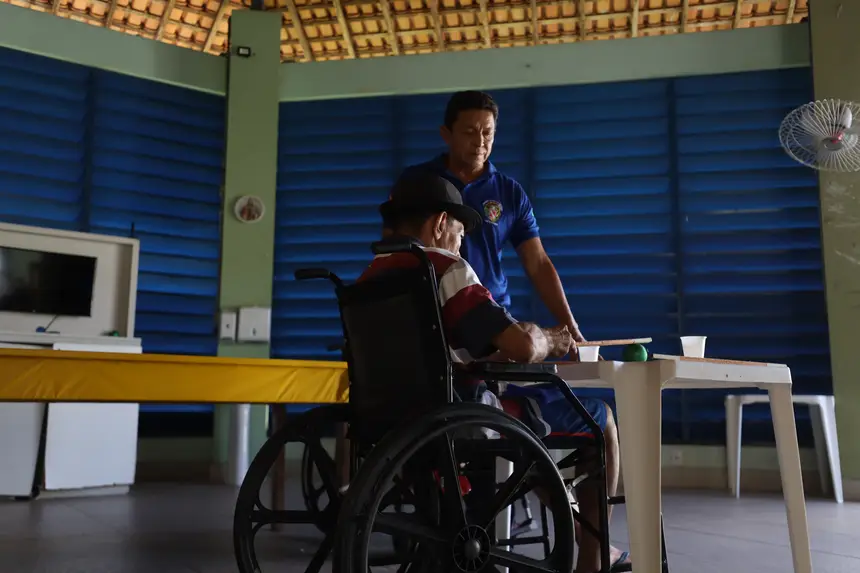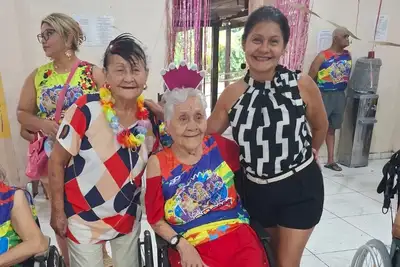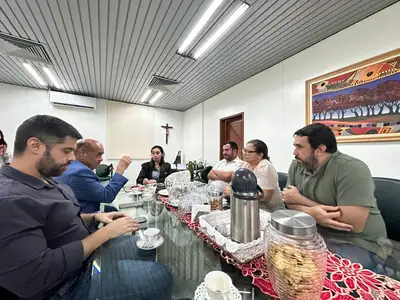Pará records over 7% drop in violence against the elderly in 2025
The reduction is associated with the strengthening of public policies, the integrated action of the protection network, and the continuous work of security forces
In Pará, violence against the elderly recorded a reduction of 7.6% between January and May 2025, compared to the same period in 2024. According to data from the Integrated Operations Center (Ciop) of the State Secretariat for Public Security and Social Defense (Segup), there were 132 calls related to the topic this year, compared to 143 in the same period last year.
The Civil Police of Pará highlights that violence against the elderly takes different forms: physical, psychological, sexual, and financial, as well as through neglect or abandonment. These violations can occur both in family environments and in institutions or public spaces, requiring constant attention from society.

Alerts - According to Delegate Emanuela Amorim from the Directorate for the Care of Vulnerable Groups, factors such as physical limitations, low education, and memory loss increase the vulnerability of the elderly. “Most occurrences involve violence within the family unit. The increase in the number of reports also shows that the population is more aware and willing to seek help,” informs the delegate.
Among the main warning signs are social isolation, poor hygiene, malnutrition, lack of medical care, and misuse of the elderly's financial resources. “It is common for neighbors to notice signs of abandonment or the irregular use of retirement funds by close relatives,” adds Emanuela Amorim.
Delegate Vanessa Macedo, head of the Elderly Protection Police Station (DPID), points out that the most frequent crimes are fraud, misappropriation of benefits, mistreatment, bodily injury, and abandonment. “Often, the aggressors are children, grandchildren, or caregivers, which makes the situation even more delicate. The increased access to information and our structure has boosted reports, which is positive, but it also reveals a scenario that still requires a lot of attention, especially in the Metropolitan Region of Belém,” warns the officer.
Elderly individuals living alone, with some physical or cognitive disability, or who are financially dependent on family members, are among the most vulnerable. Signs of violence include behavioral changes, fear of certain people, unexplained injuries, poor hygiene conditions, lack of medications, and unusual banking transactions.

Report - The protection network plays an essential role in combating violence. Suspected cases can be reported anonymously through the Disque 100 and Disque 181 channels, as well as being reported to agencies such as the Public Defender's Office, Public Ministry, Social Assistance Reference Center (Cras), and Specialized Social Assistance Reference Center (Creas). The Elderly Protection Police Station, located at Rua Domingos Marreiros, No. 2019, in the Fátima neighborhood of Belém, is also available for in-person assistance.
To expand the reach of information and raise public awareness, the Civil Police will publish a series of informative cards on social media about the types of violence against the elderly and the available reporting channels. This action reinforces the commitment to the prevention and protection of the rights of the elderly throughout the state.









